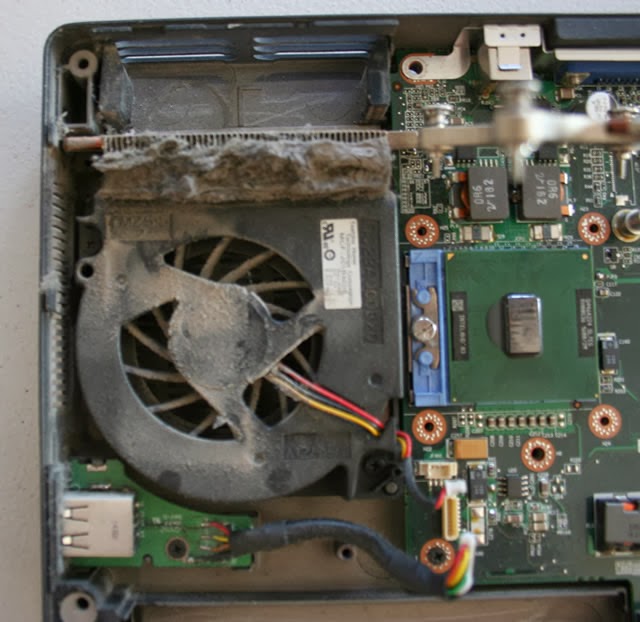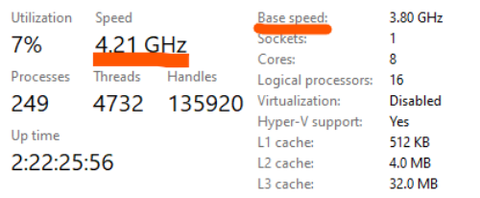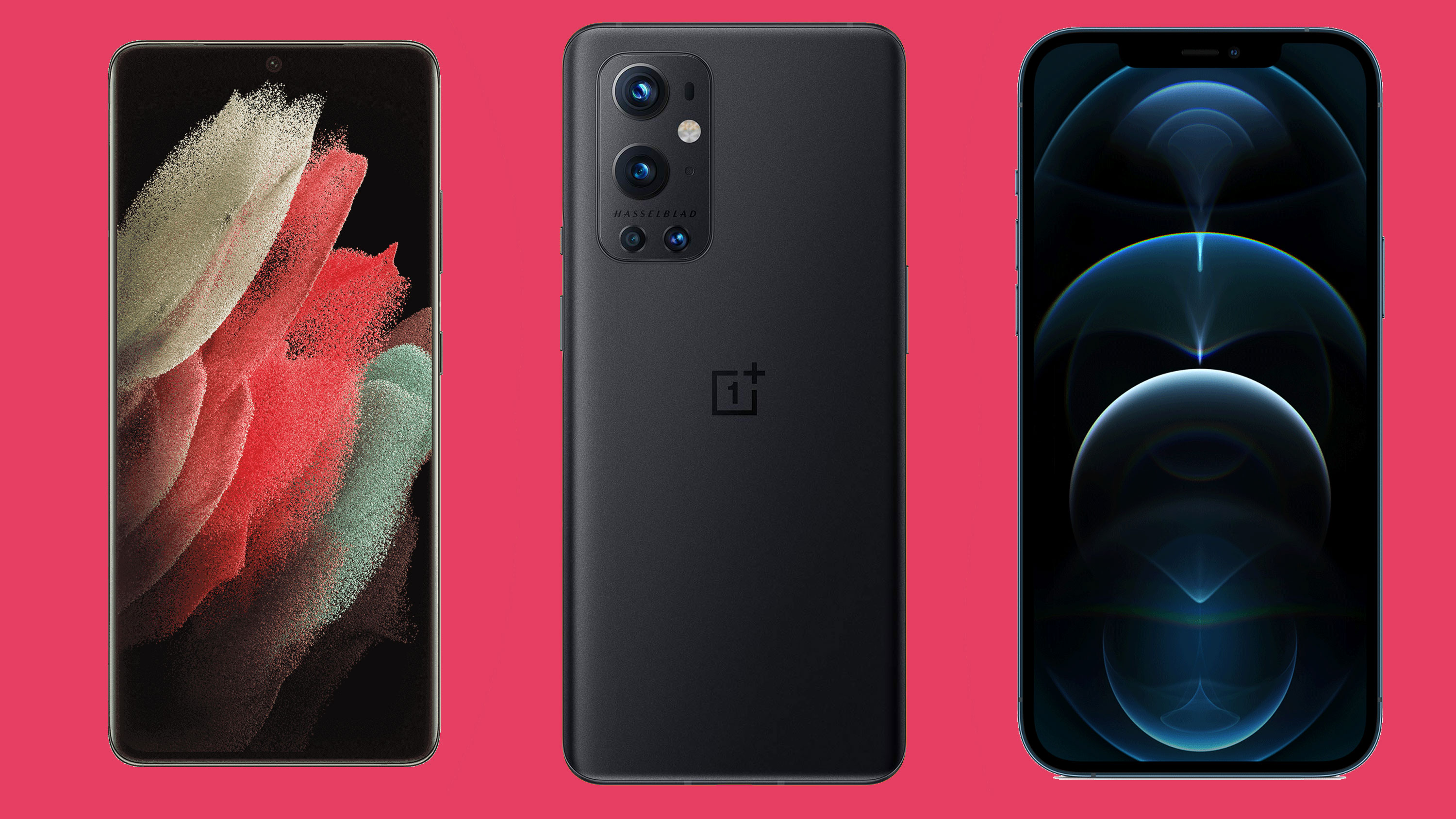Facing the Lost Connection: What to Do If You Lose Your Cell Phone
Introduction
Almost everyone has had that heart-stopping moment when they can't find their cell phone. The device has evolved beyond being a mere communication tool; it has morphed into an extended part of us, playing various roles including an office, a diary, an entertainment hub, and much more. Thus losing it means more than just losing a device, it can pose huge risks to our personal and financial security. This article sheds light on steps you should take immediately after losing your cell phone, the necessity of tracking services, and how to protect your personal information.
What Does Losing Your Cell Phone Mean to You?
When your cell phone slips out of your pocket or unknowingly left behind, it's not just the device that's missing; it's an intimate part of your life. The loss of a cell phone signifies disconnection and poses serious concerns over sensitive data. To understand the real impact of losing your cell phone, consider the following points:
- Personal Data at Risk: Our phones are repositories of our personal lives. Everything from cherished photographs, personal communications, our contact list to notes, is stored on them. Losing your phone can mean the loss of these data, some of which may be irreplaceable.
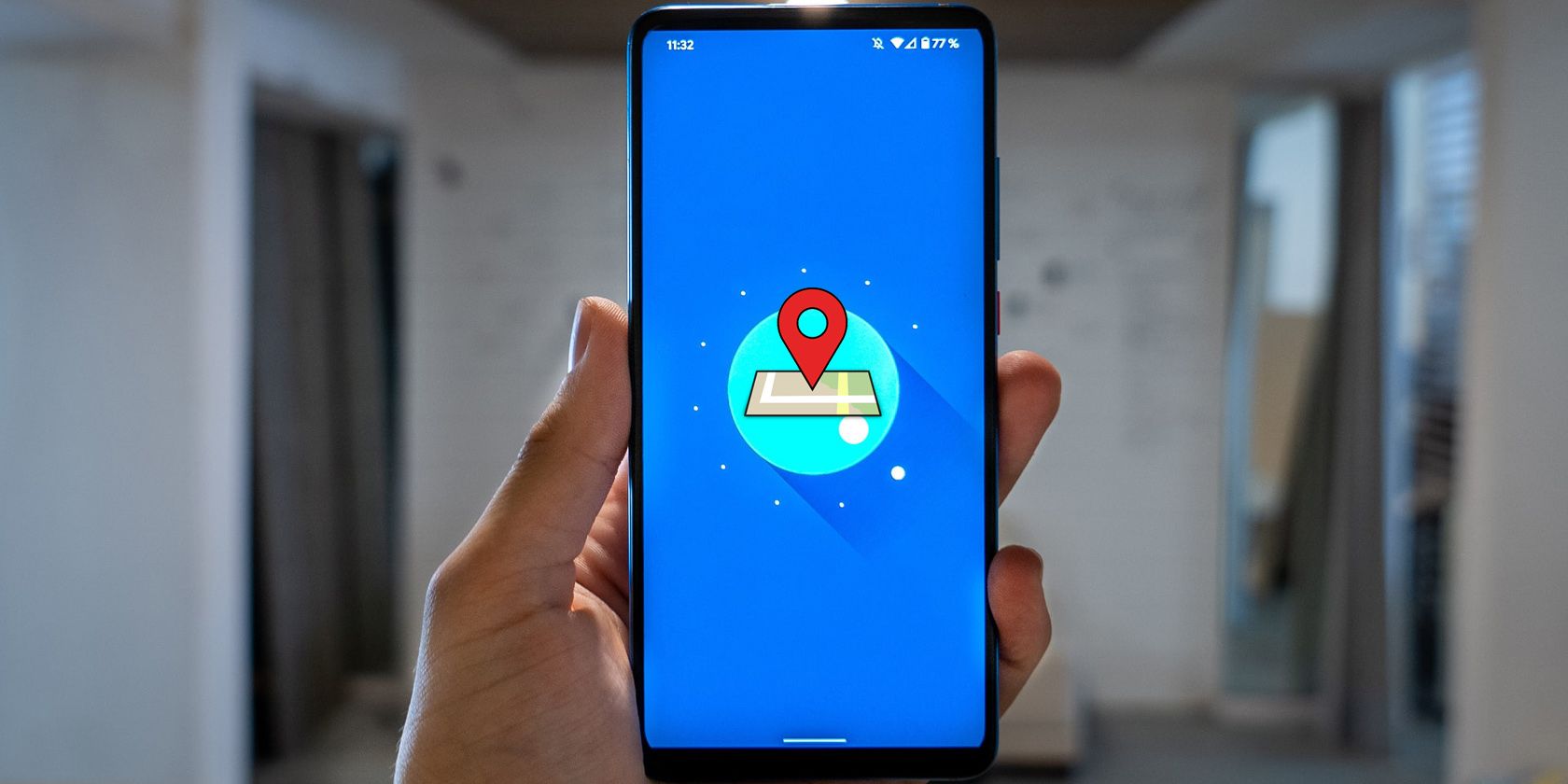
- Threat to Privacy and Security: Mobile phones often host a multitude of apps, including online banking and digital wallets. The loss of your cell phone could put you at risk of potential financial loss and identity theft.
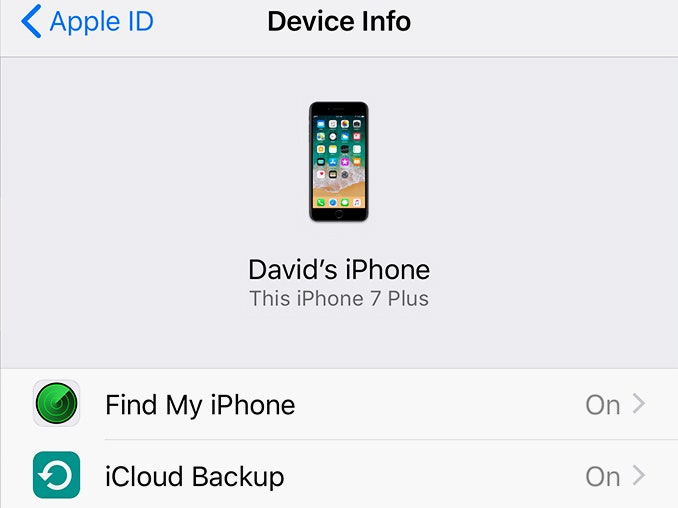
- Disrupted Routine: In today's digital age, the loss of a cell phone disrupts not only personal communications but also work. Your smartphone is your personal assistant, reminding you of meetings, deadlines, and special dates. Without it, your routine could be thrown into disarray.
Thus, a lost phone's implications are far more profound than the device's monetary value, affecting our personal, professional and financial life.
How to React Immediately After Losing Your Cell Phone?
Coming to terms with the reality that your cell phone is missing can create an instant sense of panic, but it is essential to remain calm and act quickly. Here are the crucial steps you should follow:
1. Attempt to Locate: Initially, try dialing your number from an alternate device. Best-case scenario, your phone could be nearby, and you'd hear it ringing. Alternatively, someone might answer it and return your lost device.
2. Employ a Tracking Service: If calling your phone doesn't work, employ a tracking service to locate it. Services like 'Find My Phone' on iOS and 'Find My Device' on Android can provide real-time location details.
3. Contact Your Network Provider: Inform your network provider regarding your lost cell phone so they can block your SIM card. It's a preventive measure to avoid unauthorized usage that could lead to considerable liabilities.
4. Reach Out to Insurance Company: In case your phone was insured, notify your insurance company about the loss as soon as possible. Specific time stipulations might exist for reporting, so it's better not to delay.
5. Signal your Social Circle: Alert your relatives, friends, and colleagues about the loss of your phone to nullify any confusion created by strange messages or calls, as these could be signs of misuse.
Representing the importance of these immediate on-missing actions statistically, according to a survey by Catalyst, taking these steps can increase the likelihood of recovering a lost cell phone by up to 35%. Hence, acting swiftly and wisely is the best course of action when your device goes missing.
Why is Locating Your Lost Cell Phone Using Tracking Services Necessary?
Losing your cell phone is an unfortunate situation, further compounded by the concern of safeguarding the plethora of personal information contained within. Locating and tracking your lost cell phone using tracking services becomes a lifeline in these circumstances. Here's a deep dive into why this is necessary:
1. Enhanced Retrieval Chances: Tracking services use GPS technology, making it possible to find the precise location of your gadget, irrespective of where you may have misplaced or lost it.
2. Remote Access For Security: Most tracking services offer the option to remotely lock your phone. This feature deters any unauthorized access, further protecting your personal information.
3. Data Erasure: In extreme cases where the phone seems irretrievable, some advanced tracking services allow users to remotely wipe all data from the phone. This key function ensures that your private information does not fall into the wrong hands.
Statistics highlight the importance of using tracking services. An Avast survey reveals that one in four people lose or have their mobile phone stolen during their lifetime. However, 4 out of 5 people retrieved their lost phones with the help of GPS tracking.
Exploring tracking services for mobile devices isn't an over-precaution; it’s a need of the hour. Tech-savvy thieves operate these days, meaning it's not just your physical device at stake, but your digital footprint too. Utilizing tracking services demonstrates an effective safety net against this modern-day concern.
What Information Should I Provide When Reporting a Lost Cell Phone?
A meticulous report about your lost cell phone can significantly increase the chances of its recovery. When you're informing your network provider or local law enforcement about the mishap, consider providing the following crucial details:
- Your Personal Information: Start by offering your complete name and reliable contact info, so they can reach you for updates or in case they uncover any leads.
- Your Phone's Details: Information like the make, model, and color of your phone helps authorities visually identify the device.
- IMEI Number: This 15-to-17-digit code is unique to your phone. It's instrumental in tracking, identifying, and blocking your lost devices. Ensure you provide this information while reporting the loss.
- Last Used Location: If you remember the last place or location you used or saw your device, share this detail. It might be the starting point for investigators.
- Distinctive Characteristics: Finally, make it easier to spot your phone by divulging any unique features like distinctive covers, known scratches, or specific software customizations.
Each piece of information moves you a step closer to tracking and possibly retrieving your lost cell phone.
How Can I Protect My Personal Information After Losing My Cell Phone?
Once you've lost your cell phone, the immediate concern should revolve around ensuring the security of your personal information. Due to the vast amount of personal data stored on our cell phones, it's important to respond quickly and take steps to protect yourself against potential data breaches. Here are some key steps to take:
1. Reset Passwords Immediately: Initiate a password reset for all accounts accessible via your phone. This includes emails, social media platforms, and any apps that contain personal information.
2. Contact Your Bank: If you were using any financial apps, alert your bank about the loss. Request them to suspend any linked digital wallets or online banking services until further notice.
3. Clear Browser History: Clear your browser history remotely, if possible. This helps prevent anyone from tracking your online activities or gaining unauthorized access to visited websites.
4. Deactivate Autofill Options: Disabling autofill can help protect your profiles and prevent misuse, as it deters others from having easy access to your personal information.
5. Utilize Remote Wipe Features: If your device gives you the option, use remote wipe to erase all data from your cell phone. This action can drastically mitigate the risk of identity theft.
6. Report to Authorities: Inform your cell phone provider and local law enforcement about the loss.
In conclusion, ensuring the security of your personal data following the loss of your cell phone is crucial. By taking immediate action, you significantly lessen the risk of your private information falling into the wrong hands.
How to Minimize Future Losses: Preventive Measures for Cell Phone Loss
The loss of a mobile phone can leave you feeling disoriented and unsettled. To avoid such situations in the future, implementing certain preventive measures on your cell phone can considerably reduce your vulnerability. Here are some constructive strategies:
• Strong Security Measures: Reinforce your phone's security features by deploying complex passwords or activating biometric locks. This makes it harder for unauthorized access in case of loss or theft.
• Regular Data Backup: Regularly backup your data, whether contacts, photos or professional files, to an external storage space or cloud service. Even if your device is lost, your valuable data remains intact.
• Tracking Services: Always keep your tracking services enabled; this ensures you can attempt to locate your device in case it goes missing. Familiarize yourself with its operation so you can track your phone effectively when required.
• Consistent Placement: Cultivate the habit of keeping your phone in a dedicated spot. By doing so, the chances of misplacing it unknowingly are minimized.
• Phone Insurance Consideration: Consider investing in mobile phone insurance. While this may add an extra cost to your cell phone budget, it can alleviate financial burdens related to replacing a lost or stolen phone.
Implementing these preventive measures can help transform a potentially traumatic experience into a manageable situation.
Conclusion
Losing a cell phone can be a distressing experience, but swift action and practical precautions can minimize the impact of this loss. It’s important to react immediately, employ tracking services, and secure the personal data on your phone. As a preventive measure, consider increasing your phone’s security and backing up data periodically.
Related FAQs about what do you do if you lose your cell phone
Why is it important to react quickly after losing your cell phone?
Reacting quickly after losing your cell phone is crucial as it helps prevent unauthorized access to your personal information. Immediate actions such as locating your phone, blocking your SIM, and changing passwords secure your data and increase the chances of recovering your phone.
How effective are the phone tracking services in locating a lost phone?
Phone tracking services utilizing GPS technology, have proven to be quite effective. They enable real-time tracking, enhance retrieval chances, and in worst-case scenarios, allow for remote lock or entire data wipeout, thus safeguarding personal information.
What steps can be taken to ensure personal data protection after a loss?
To ensure personal data protection, immediately reset all passwords, contact your bank to secure accounts, clear browsing history, disable autofill options, and if possible, employ remote features to wipe out all data present on the lost cell phone.


